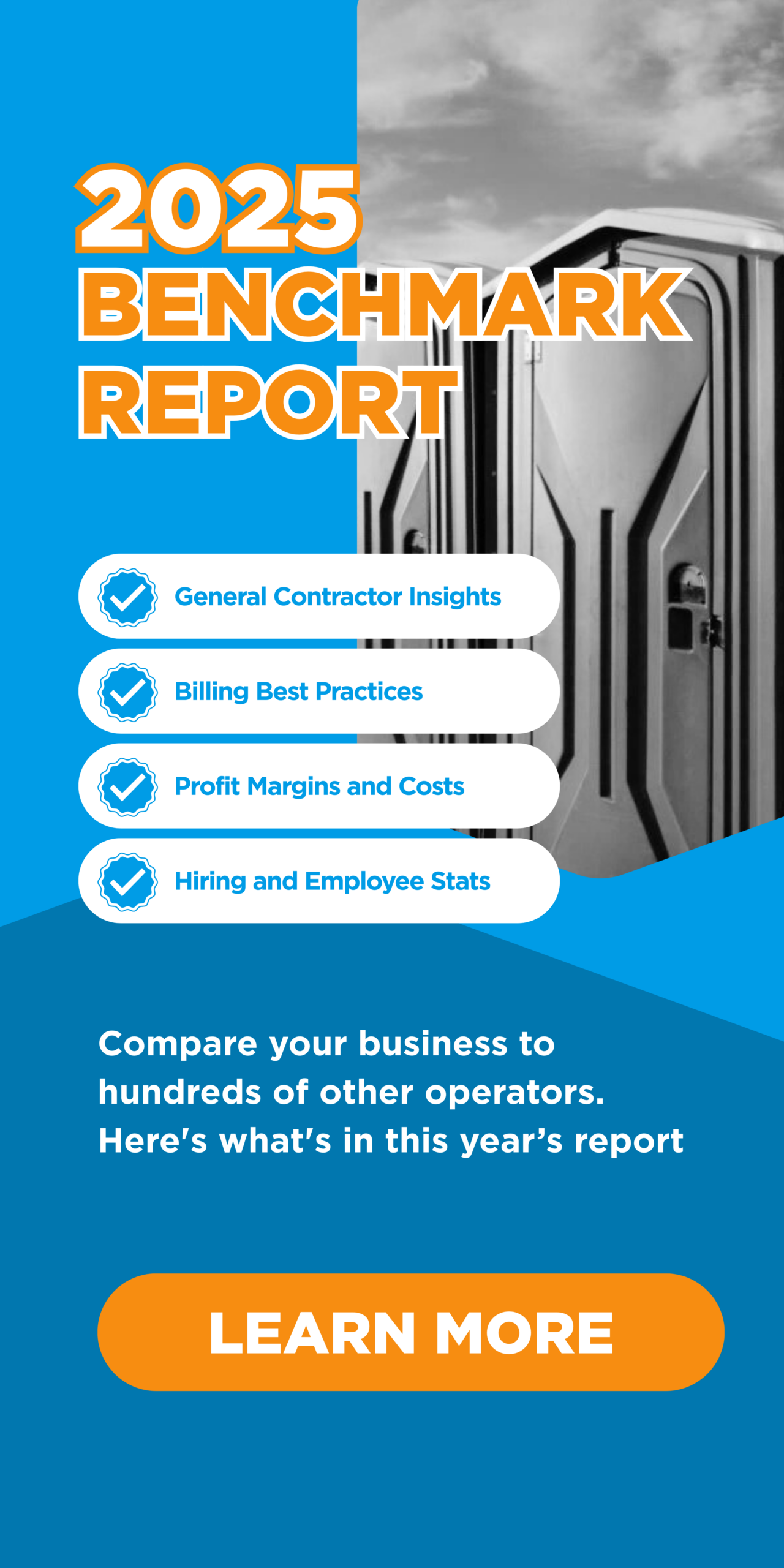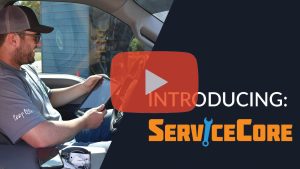Roll-Off Dumpster Business Strategies for Urban Areas
Understanding the Unique Demands of Urban Environments
Running a roll-off dumpster business in a bustling city brings about unique challenges. These challenges often stem from the dense city layout and the diverse clientele that urban areas offer. However, by understanding these demands, one can position their business for success.
Navigating City Layouts
Urban environments are characterized by their tight-knit infrastructure and busy streets. Maneuvering large roll-off dumpsters in such settings demands strategic planning. Some aspects to consider include:
- Road Restrictions: Many city roads have weight and size restrictions, especially during peak hours.
- Overhead Obstructions: Watch out for low bridges, power lines, and trees that might hinder transportation.
Addressing Limited Parking and Unloading Areas
Space is a luxury in the city. Finding suitable spots to park or unload dumpsters can be a daunting task. Here’s a few points to keep in mind:
- Pre-booking Zones: Collaborate with city authorities to reserve specific zones during pickup or drop-off.
- Client Coordination: Engage with clients to ensure there’s space available upon arrival. This can save time and avoid unnecessary delays.
Diverse Customers: From Businesses to Apartments
Urban clients vary from large corporations to apartment dwellers. Understanding their unique needs is crucial. For instance:
- Business Clients: They often need dumpsters during off-hours to avoid disrupting their operations.
- Apartment Dwellers: They might require smaller dumpsters that fit into parking lots or basements.
By grasping the distinct demands of operating in an urban environment, roll-off dumpster businesses can streamline operations and ensure client satisfaction. This foundational knowledge is the first step towards building a thriving business in the heart of the city.
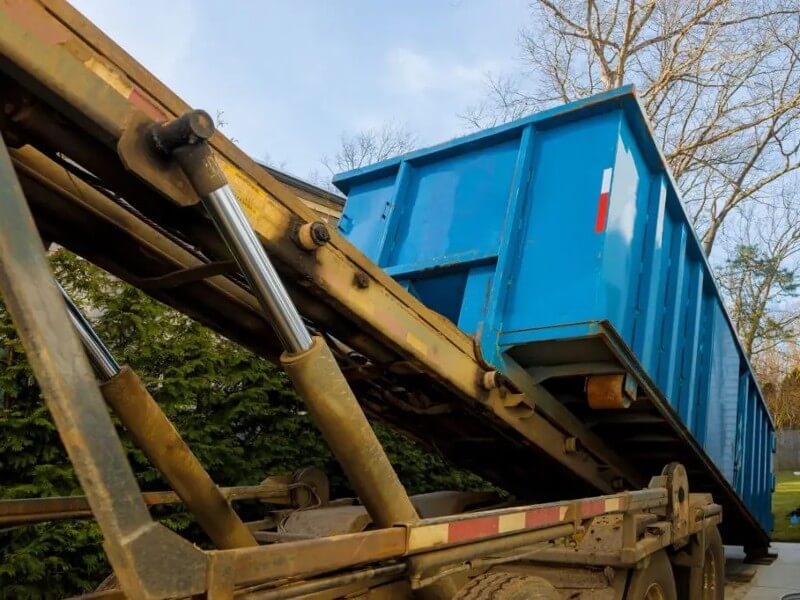
Efficient Logistics and Operations in Urban Settings
The very essence of urban areas — with their tight streets, perpetual hustle, and dynamic nature — presents logistical challenges for the roll-off dumpster industry. However, the key to success is turning these challenges into opportunities by enhancing the efficiency of operations.
Smart Route Planning
With traffic congestion a frequent concern in cities, planning the most efficient routes is paramount. Adopting smart route-planning tools can help:
- Real-time Traffic Updates: Utilize GPS devices or software that offer real-time traffic updates. This ensures drivers can avoid gridlocks and reach their destination swiftly.
- Scheduled Deliveries: Plan routes based on scheduled delivery times, keeping in mind the traffic patterns of specific city areas.
- Highway Restrictions: Some cities may not allow trucks or commercial vehicles on certain roads. It is important to understand these areas to avoid them when route planning.
Streamlined Scheduling
Consistent scheduling is essential in managing operations smoothly in urban centers. Consider these strategies:
- Prioritize Bookings: Prioritize dumpster drop-offs and pick-ups based on the proximity of locations to minimize travel time.
- Flexible Time Slots: Offer clients flexible timing options. This can reduce waiting times, especially in areas with loading and unloading restrictions.
Optimized Fleet Management
Managing your fleet effectively can significantly enhance service quality and operational efficiency.
- Regular Maintenance: Ensure that vehicles are in top condition to reduce unexpected downtimes in the middle of busy streets.
- Size Variability: Have a range of dumpster sizes available. Smaller dumpsters might be more suited for tight urban spaces, while larger ones are beneficial for extensive city projects.
Use of Technology
Embracing technology can be a game-changer for urban roll-off dumpster businesses:
- Digital Booking Systems: Implement systems that allow clients to book online, view available time slots, and track their dumpster’s location in real-time.
- Communication Tools: Equip drivers with tools for immediate communication. This ensures they can relay information about any on-the-ground changes or obstacles.
Mastering logistics and operations in an urban environment may be a demanding task, but it’s entirely feasible. By continually refining processes and employing forward-thinking strategies, roll-off dumpster businesses can provide impeccable service, ensuring they stand out in the urban jungle.
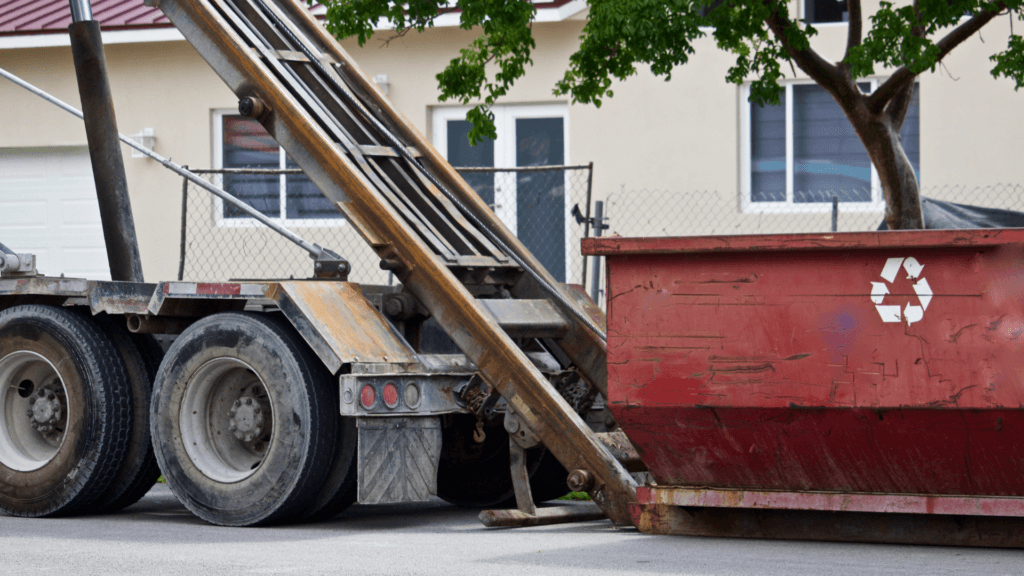
Building Strong Relationships with Local Authorities and Communities
Navigating the complexities of an urban environment for a roll-off dumpster business isn’t just about logistics; it’s equally about the relationships fostered within the community. Close ties with local authorities and community members can lead to smoother operations and a better business reputation.
Collaborating with Local Authorities
Interactions with local government bodies and officials are inevitable, especially when dealing with permits, regulations, and community concerns. Here’s how to solidify these relationships:
- Stay Informed: Keep abreast of any new regulations or bylaws pertaining to waste disposal or transportation. This proactive approach demonstrates respect for the community’s guidelines.
- Open Dialogue: Maintain open lines of communication with local officials. Address any concerns they might have and offer solutions that benefit both parties.
- Participate in Council Meetings: Attend city or town council meetings when relevant topics are being discussed. Your presence shows engagement and a willingness to cooperate.
Engaging with the Community
Being an active, positive force within the community can yield invaluable benefits for your business. Here are strategies to ensure you’re seen as a community partner, not just a service provider:
- Host Clean-Up Drives: Organize or participate in local clean-up drives. This not only enhances the community’s environment but also showcases your commitment to cleanliness and sustainability.
- Support Local Events: Offer your services during community events, festivals, or other local happenings. This fosters goodwill and provides excellent local marketing.
- Educational Initiatives: Conduct workshops or information sessions about responsible waste disposal. Educating residents can lead to a cleaner community and a better understanding of your business’s value.
- Feedback Channels: Establish channels for residents to provide feedback or raise concerns. This can be a dedicated phone line, an online portal, or community meetings. Listening and addressing these concerns promptly can drastically improve community relations.
- Local Partnerships: Collaborate with other local businesses or service providers. Joint ventures or cross-promotions can be a win-win, enhancing the local economy and your business reach.
For a roll-off dumpster business in an urban setting, these relationships aren’t just a bonus; they’re essential. A harmonious relationship with both the authorities and the community can significantly reduce operational hurdles and boost the business’s image. Being viewed as a responsible and engaged community member can be the competitive edge your business needs in a bustling urban area.
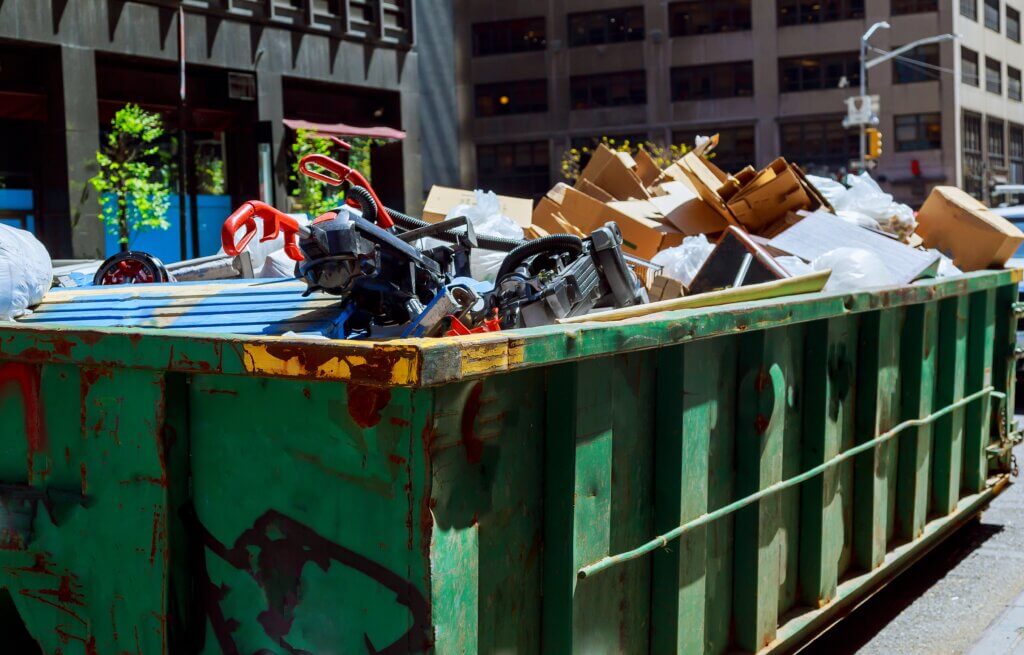
Roll-Off Dumpster Strategies: Success in the Urban Market
In the dynamic landscape of urban areas, adapting and thriving as a roll-off dumpster business goes beyond merely offering a service. It’s about integrating seamlessly into the city’s fabric through efficient logistics, building enduring relationships, and understanding the unique needs of urban customers. Leveraging these roll-off dumpster business strategies for urban areas not only ensures compliance and smooth operations but positions the business as an invaluable asset to the community. With commitment and innovation, urban challenges can be transformed into avenues for success.
FAQs on Roll-Off Dumpster Business Strategies for Urban Areas
How can I effectively manage traffic challenges in urban areas for my roll-off dumpster business?
It’s essential to plan routes during non-peak hours, communicate with local authorities for potential road closures or construction, and utilize real-time traffic monitoring tools.
What kind of permits might be needed for operating in densely populated areas?
Depending on the city, you might need parking permits, special zoning permits for waste handling, or even specific licenses for operating heavy machinery in populated zones. Always check with local authorities to ensure compliance.
How can I ensure a minimized environmental footprint for my roll-off dumpster business in urban settings?
Using eco-friendly vehicles, promoting recycling, and educating customers on waste separation are great starting points. Partnering with local environmental initiatives can also enhance your brand’s green image.
Is there a particular strategy for marketing my services in urban areas?
Absolutely. Given the digital habits of urban dwellers, focusing on online marketing, engaging in local community events, and offering promotions to city residents can be effective strategies. Don’t underestimate the power of word-of-mouth in tight-knit urban communities!
How can I tackle the challenge of limited space when delivering or picking up dumpsters in the city?
Opting for smaller or more compact dumpster designs can be beneficial. Moreover, clear communication with clients about space requirements and offering flexible pick-up and drop-off timings can help navigate this challenge.

